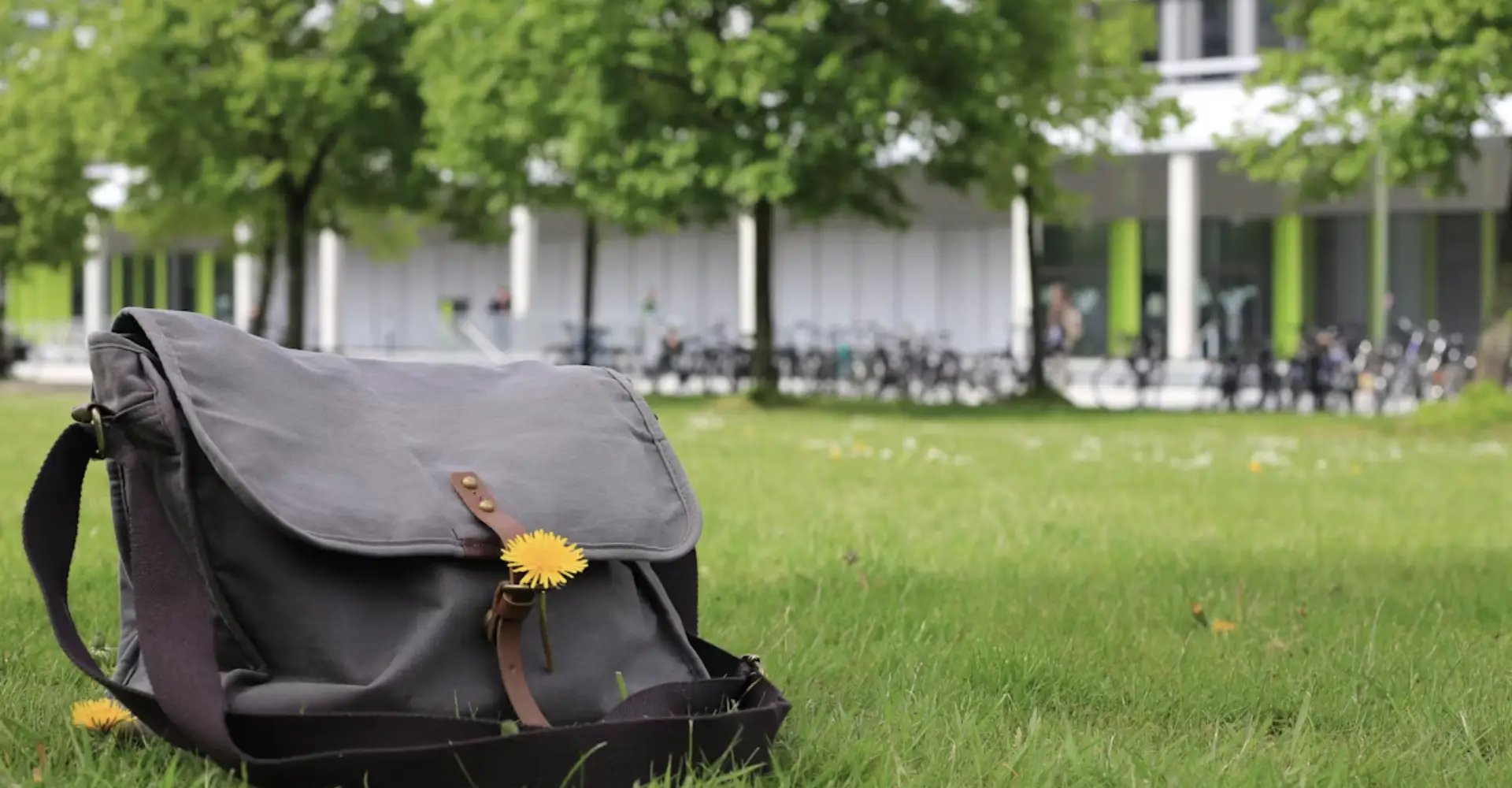
Key takeaways
- Degrees without direct job links can still develop valuable skills
- Employers value critical thinking and adaptability
- Pursue passion while considering employability
It’s a hard question to answer. Is doing a degree that won’t get you a specific job worth it? We attach worth to many things in life including ourselves, the people around us, and our experiences. The value of education and the opportunity to learn should never be taken lightly.
However, I do understand the struggle of deciding what to study and wanting to feel like you’re making the right decision. It’s a personal decision whether you want (and can) go to uni to study a degree for the sake of enjoying learning, or whether it’s about the prospects the degree brings about. Hopefully, this article can help reassure you if you’re in the process of deciding whether to do a degree and if so what subject, and are searching for some clarity on studying outside the typical high-income pipeline.
Understanding the purpose of higher education

Yes, the purpose of Higher Education is to come out the other end qualified. It is also important to look beyond this when trying to figure out what higher education means to you. What purpose does it serve to you? Is a degree only about job preparation?
In short, no.
Everyone is different and you might be seeking something different out of your university experience than your friends from college or back home. University is a melting pot of social experience, personal growth, academic growth. It is scary looking at myself in the mirror and seeing a young adult. COVID especially has warped a lot of our self-perceptions as it does feel like only yesterday, I was on Zoom classes for GCSE Chemistry and celebrating my 16th birthday in lockdown. But university and doing a degree that wont get you a specific job does not have to limit your financial goals and expectations. Today employers look for so much more than just a first-class degree from Russel Group university.
One of my course mates was in between figuring out whether to do a masters or to go straight into industry so decided to do an internship. She said the best piece of advice she gained from her employer over that summer was that her industry experience and people skills would carry her far, leaving her to question whether she’d actually gain anything extra or new out of another two years studying for a master’s degree.
What’s also interesting is that her internship was in the civil service sector, even though we’re both studying History and Sociology together. This just goes to show that in her journey, she has found options outside of her degree title that might properly her into a new career route. There is more to a lot of humanities and non-STEM degrees than just academia, but I always feel like we must work a little harder to sniff out the right opportunities.
The value of transferable skills
Hard and soft skills are worth understanding so you know what things you might develop during uni, and what skills you could transfer across different markets despite your degree.
Hard skills are: technical skills needed to perform a job or land a new one. They are typically industry specific.
Soft skills are: character traits and interpersonal skills that characterise a person’s ability to interact effectively with others. In the workplace, soft skills are important – especially if you work with others.
Extracurriculars, societies, and being an active member of your university community is becoming more key to distinguishing yourself in interviews and applications than the words on a scroll of paper after graduation. I’d argue that it’s better to study something you really enjoy than force yourself to do coding for 4 years if it bores your senseless.
Of course, for some people STEM is part of their passions. In that case more power to ya! I do think there is a perspective shift in order though, where money and happiness are no longer seen as mutually exclusive.
Something like the old American dream but make it Gen-Z-coded, where work-life balance, creative outlets, education and financial stability are married in a vision of a successful future. Everyone measures success differently, but we can start off by noticing and harnessing the power of skills you gain in a degree regardless of the field.
Exploring alternative career paths

As I mentioned, it is possible to find a career route that’s totally outside of the degree subject you’re studying (like my course mate).
If you can explore your options and give yourself a bit of creative license, then it is worth doing a degree that won’t get you a specific job. I do believe that it I never too late for something.
The value of transferable hard and soft skills is a great thing to think about when researching and weighing up a degree. Scan reddit, student chatrooms, LinkedIn…the works, and dig up some dirt on people that studied the same degree. I went through such a phase of looking at Manchester History/Sociology alumni to find where they are now and what they do. People went into publishing, marketing and communications, journalism, archive and museum work and even policing! It gave me a lot of peace of mind looking at some real-life examples of just how wide open the doors are. Of course considering just the privilege of higher education itself, doing a degree that won’t get you a specific job is not the end of the journey.
Id really recommend making that LinkedIn profile. I know it’s a bit cringe but its literally social media for employers. It takes two seconds and you can build your network up gradually as you go along. #notanADjusthelpingout
It’s important to be passionate…or is it?
Exploring your alternatives and even further study options is bound to show you some challenges and adversity along the way. I feel maybe this isn’t just a non-STEM experience – but just a life experience overall of going into young adulthood and being pressured to choose something and stick with it. My dad is a good motivator when it comes to reminding me that it’s never too late to change paths or try something new. That that’s what life is about – trial and error until you find your footing.
I can account for my friend back home who has found her passion in studying medicine. She has taken the UCAT once already and failed, went to Birmingham to study Biochemistry in the meantime and keep up her educational momentum whilst still devoting her year to studying and retaking the UCAT. I saw such a drive in her to achieve what she envisions as her journey to her vision of success and happiness. She did explore her alternatives such as what she can do with her Bio-Chemistry learning, but I’ve never felt so inspired and proud of her to see her retake this exam and strive for something she knows she wants to do.
That’s also the case for many others, when you know what you want, you’ll stop at nothing to get it. In her story and ongoing journey is a lot of personal growth and the proof that passion is enough sometimes to drive you forwards even if it feels like an unrelenting and long haul to get there.
Final thoughts
Making an informed choice about doing a degree that won’t get you a specific job is difficult. It’s hard to feel truly informed when we’re what like 18 – 19…years old. It’s ridiculous the whole system of it all. I could write for thousands of words on friends and family I know that have tried one thing for a year, changed about, and worked as or studied something else. Sometimes they liked it better, sometimes they regretted it and worked even harder to go back to what they knew better.
There is no right answer other than what do you think is going to make you most happy right now. It is embarrassingly bourgeois in a way to say happiness is your easy solution and assume everyone has that luxury of accessing happiness and financial stability all in one neat package. That’s not what I’m saying, but when you’re thinking about what you want to study, don’t forget that your future self is not set in stone. That neat package will look different for everyone, but you can slow down and allow yourself to get there one step at a time. Sometimes ‘one step forwards two steps back’ isn’t the end of the world.





